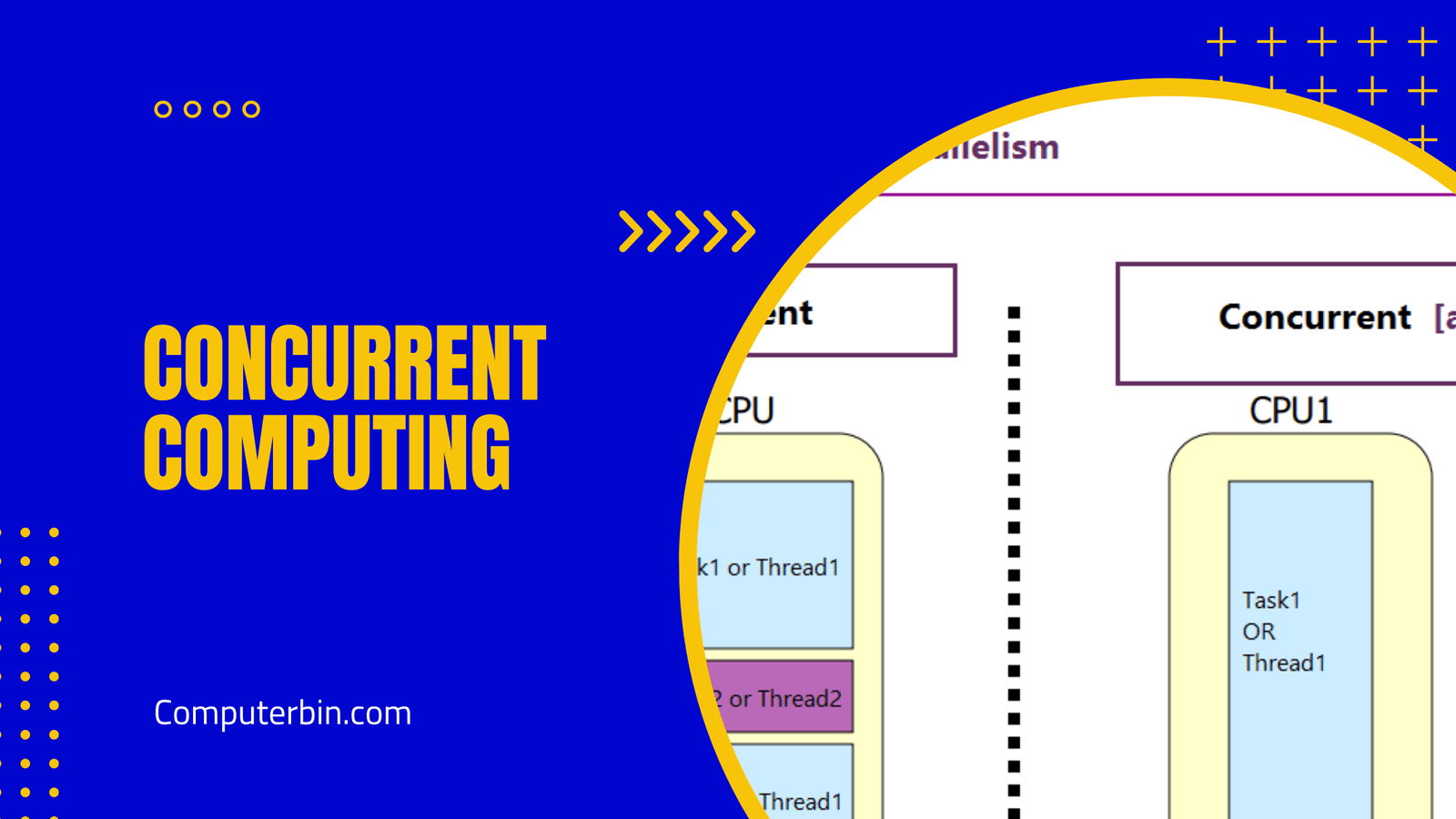When it comes to computing, the Central Processing Unit (CPU) is at the core of every system. As its primary responsibility for carrying out tasks, understanding how CPUs function is essential for anyone interested in technology. In this article, we’ll look into the function and components of CPUs, their historical developments, as well as current types available today. Furthermore, we’ll offer advice on selecting the ideal CPU for your needs and provide insight into where CPU technology may head in the future.
What is a CPU?
A CPU, or Central Processing Unit, is the core element of any computing system responsible for processing instructions and performing tasks. It acts as the brain of a computer, taking input from various sources, interpreting that data, and taking necessary actions. Put simply: the CPU makes your machine work!
Components of a CPU
A CPU is comprised of several key components:
- Arithmetic Logic Unit (ALU): This component is responsible for performing arithmetic and logical operations.
- Control Unit (CU): The CU directs the flow of data between the CPU and other components, such as memory and input/output devices.
- Registers: These are small, fast storage locations within the CPU that hold data and instructions during processing.
- Cache: This is a high-speed memory that stores frequently accessed data, reducing the time needed to access it from the main memory.
A Brief History of CPUs
The development of CPUs has gone through several stages, with significant milestones including:
- First-Generation CPUs (1940s-1950s): These early CPUs were based on vacuum tubes and were large, expensive, and slow.
- Second-Generation CPUs (1950s-1960s): The invention of transistors led to smaller, faster, and more efficient CPUs.
- Third-Generation CPUs (1960s-1970s): The introduction of integrated circuits allowed for even smaller, more powerful CPUs.
- Fourth-Generation CPUs (1970s-present): The development of microprocessors revolutionized the industry, leading to the modern CPUs we know today.
Types of CPUs
There are two primary types of CPUs on the market today:
- General-Purpose CPUs: These are designed to handle a wide range of tasks and are commonly found in desktop computers, laptops, and servers.
- Specialized CPUs: These are tailored to specific applications, such as graphics processing units (GPUs) for gaming and AI, or microcontrollers for embedded systems.
How to Choose the Best CPU for Your Needs
Selecting the right CPU depends on several factors, including:
- Purpose: Determine the primary use of your computer, whether it’s for gaming, content creation, or general computing.
- Budget: CPUs can vary significantly in price, so set a budget to narrow down your options.
- Performance: Consider factors like clock speed, core count, and cache size to ensure the CPU meets your performance requirements.
- Compatibility: Check that your chosen CPU is compatible with your motherboard and other system components.
The Future of CPU Technology
As technology advances, we can expect to see continued improvements in CPU performance, efficiency, and specialization. Some emerging trends include:
- Multi-core CPUs: Increasing core counts will continue to improve performance, especially in multi-threaded applications.
- Energy Efficiency: As power consumption becomes a greater concern, manufacturers are focusing on improving energy efficiency.
- AI Integration: The integration of AI capabilities into CPUs will enable more advanced and intelligent computing experiences.
- Quantum Computing: Although still in its early stages, quantum computing has the potential to revolutionize CPU technology and vastly increase processing capabilities.
- Heterogeneous Computing: Combining different types of processing units, such as CPUs, GPUs, and AI accelerators, into a single system will optimize performance for specific tasks and applications.
Understanding the inner workings of CPUs is essential for anyone interested in computing. As the heart of every computer system, the CPU plays a pivotal role in executing tasks and processing instructions. In this article, we’ve examined its components, its historical development, and current types available today. We also provided guidance on selecting the ideal CPU for your needs as well as examined its future prospects.
By staying informed about developments in CPU technology and making informed decisions when selecting a CPU, you can guarantee your computer system remains efficient, powerful, and capable of handling whatever tasks you ask it to.





